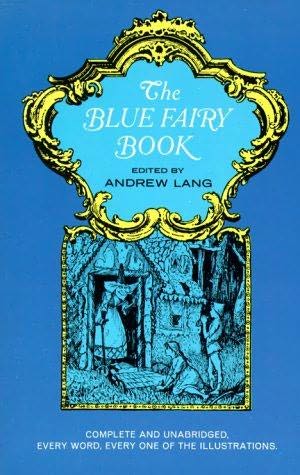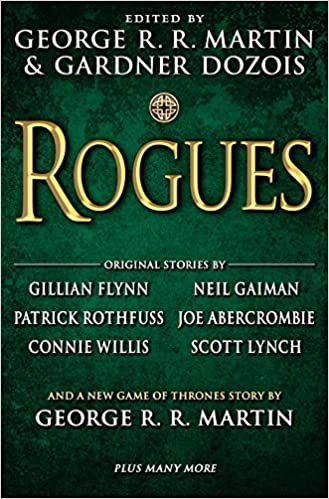[button color=”black” size=”big” link=”http://affiliates.abebooks.com/c/99844/77798/2029?u=http%3A%2F%2Fwww.abebooks.com%2Fservlet%2FSearchResults%3Fisbn%3D9780064402019″ target=”blank” ]Purchase here[/button]
1979 was a very good year for Katherine Paterson. In that year, she won her first Newbery Medal (for Bridge to Terabithia) and her second National Book Award in Children’s Literature (for this book, also a Newbery Honor Book). Like Paterson’s other Newbery Medal winner (1980’s Jacob Have I Loved), this book begins by introducing us to a hard-to-love girl and ends by making us love her. Like Bridge to Terabithia, this book – inspired by Paterson’s own children – threatens to be nothing more than an amusing succession of youthful pranks and adventures (some of them, in this case, making you squirm), but in the end proves useful for cleaning out your tear ducts.
Gilly, short for Galadriel, is the toughest foster-child in the Washington, D.C. area. She has chewed up and spit out two or three foster families, partly because of what she learned from being chewed up and spat out herself. What did she learn? When the first foster family, which had started to feel like a real home, picked up and moved to Florida and left her behind, Gilly learned not to give her heart to people, and to rely on no one but herself. Since then she has been driving foster-parents and teachers crazy.
Miss Ellis, Gilly’s social worker, hints that this may be her last chance: the messy home of Mrs. Trotter (also known, simply, as Trotter), an obese, religious widow who has doted over other people’s children for some 20 years. Trotter already has her hands full with a painfully shy, easily-cowed squirt named William Ernest. Now she has to protect W.E. from Gilly – and Gilly from herself – while the girl tries lying, stealing, disruptive behavior, and other sophisticated techniques to escape from the foster-care system and get her estranged mother – an unwed flower child on the West Coast – to come back for her. How her attempts backfire, how she unwittingly opens her heart to Trotter and W.E. and even the blind old black man next door (against her racist upbringing), and how she moves on from the painful consequences of her actions, is the stuff that gives the last several chapters of this short novel its superlative “nasal decongestant” qualities. If the last page alone doesn’t require you to blow your nose, you may need help.
A word about Katherine Paterson. People who have read a few of her books, particularly the ones named in this review, may be surprised to learn that she is a Presbyterian Christian. In fact, she was born to a missionary couple in China (before the revolution) and spent several years in Japan as a missionary herself. The fact that her books do not have an explicitly “Christian message” is so marked that certain ill-informed fanatics have pegged her as an anti-Christian author. I think, however, that it is Paterson’s ability to sympathize with the most unsympathetic characters, without judgment and without regard for their religious beliefs, that fills her work with such humanity. If you are a child of any age and you sometimes find it hard to be charitable toward those who seem unlikeable, difficult, and different, these books can encourage you and even inspire you.
Recommended Age: 11+


